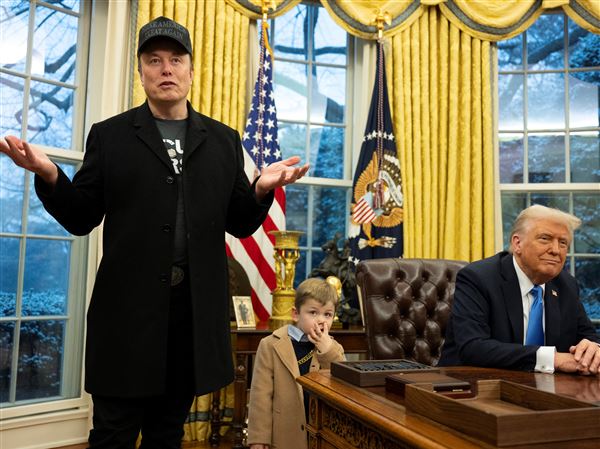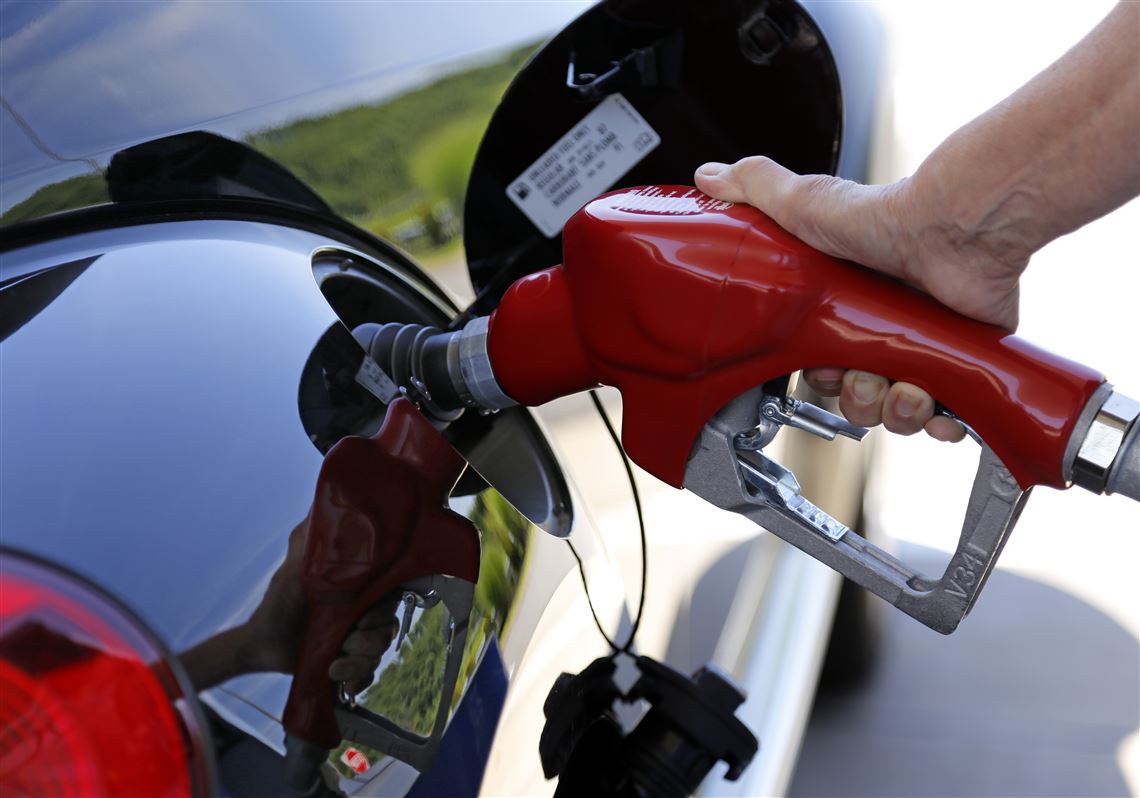Chatter this month about Environmental Protection Agency Administrator Scott Pruitt’s ethical missteps is threatening to drown out a more important discussion about fuel economy standards.
Among the charges are Mr. Pruitt’s living arrangements — a Capitol Hill apartment rented at the bargain-basement price of $50 a night from the wife of an energy industry lobbyist, for one thing. More serious are his extravagant travel habits, security excesses and loopholes to arrange raises for close aides.
But while political observers focused on Mr. Pruitt’s fate, the EPA announced it plans to roll back the successful fuel-economy standards deal struck by the Obama administration with the nation’s automakers. This will have a much longer lasting effect on the nation’s economy and its environment.
The Obama administration negotiated a deal that required car makers to improve the fuel-efficiency standards of cars and light trucks to at least 50 miles per gallon by 2025. Doing this took what had been a stricter-than-most requirement in the state of California and standardized it across the country.
The country’s auto manufacturers then set about designing new models that could meet this new standard. And boy, did they succeed. Not only are cars becoming increasingly efficient, but they’re selling well too.
The Jeep Wrangler, for example, was redesigned last year to help meet the fuel standards. It is selling at record pace. The company sold nearly 28,000 units last month, making March the best month in Jeep history.
Other innovations welcome by consumers include electric vehicles and more hybrid models. The fuel-economy standards, while aggressive, have been driving innovation that serves consumers and car makers while also producing a new fleet of vehicles producing less pollution.
The Trump administration has announced it will review the standards, which environmental groups and automotive industry observers alike predict will lead to a rollback. But rolling back the fuel-efficiency standards would be a mistake on multiple levels.
Consumers have shown demand for more fuel-efficient cars, and manufacturers have demonstrated exciting innovation in meeting fuel-economy standards. Why pause progress toward better vehicles that pollute less and sell well? Worse, why go backward?
First Published: April 14, 2018, 4:00 a.m.















